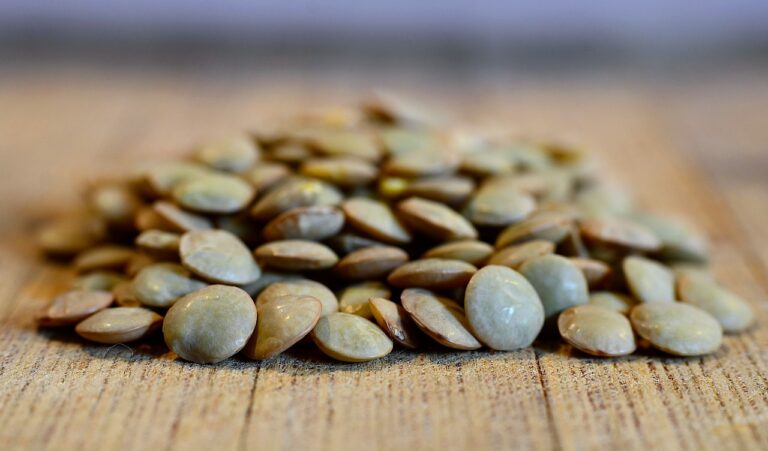Regulatory Landscape for Biosimilar Immunotherapies for Marine Animal Health: Global Perspectives: Betbook250 login, Reddybook id, Playlotus365
betbook250 login, reddybook id, playlotus365: As the demand for marine animal health products continues to grow, there is an increasing need for effective and affordable immunotherapies. Biosimilar immunotherapies have the potential to revolutionize the treatment of diseases in marine animals, offering a cost-effective alternative to traditional therapies. However, navigating the regulatory landscape for biosimilar immunotherapies can be challenging. In this article, we will explore the global perspectives on the regulatory landscape for biosimilar immunotherapies for marine animal health.
Understanding Biosimilar Immunotherapies
Biosimilar immunotherapies are biological products that are highly similar to an already approved biological product, known as the reference product. These products have the same mechanism of action, effectiveness, and safety profile as the reference product. Biosimilar immunotherapies offer a more affordable alternative to the reference product, making them a promising option for marine animal health.
Regulatory Landscape in the United States
In the United States, the regulatory pathway for biosimilar immunotherapies is overseen by the Food and Drug Administration (FDA). To gain approval for a biosimilar product, manufacturers must demonstrate that their product is highly similar to the reference product and has no clinically meaningful differences in terms of safety, purity, and potency. The FDA has specific guidelines in place to ensure the safety and efficacy of biosimilar products for marine animal health.
Regulatory Landscape in Europe
In Europe, the European Medicines Agency (EMA) regulates the approval of biosimilar immunotherapies. Similar to the FDA, the EMA requires manufacturers to demonstrate the similarity of their product to the reference product through a comprehensive comparability exercise. The EMA also considers the quality, safety, and efficacy of biosimilar products for marine animal health.
Global Harmonization Efforts
Efforts are underway to harmonize the regulatory requirements for biosimilar immunotherapies on a global scale. Organizations such as the World Health Organization (WHO) and the International Pharmaceutical Regulators Forum (IPRF) are working to develop guidelines that ensure the quality, safety, and efficacy of biosimilar products worldwide. These harmonization efforts aim to facilitate the approval process for biosimilar immunotherapies and improve access to these products for marine animals.
Conclusion
The regulatory landscape for biosimilar immunotherapies for marine animal health is evolving rapidly, with regulations in place to ensure the safety and efficacy of these products. Global harmonization efforts are underway to streamline the approval process for biosimilar products and improve access to affordable immunotherapies for marine animals. As the demand for effective treatments in marine animal health continues to grow, biosimilar immunotherapies offer a promising solution for improving the health and well-being of marine animals worldwide.
FAQs
Q: Are biosimilar immunotherapies safe for marine animals?
A: Yes, biosimilar immunotherapies undergo rigorous testing to ensure their safety and efficacy for marine animals.
Q: How do biosimilar immunotherapies differ from traditional therapies?
A: Biosimilar immunotherapies are cost-effective alternatives to traditional therapies, offering the same level of effectiveness and safety.
Q: Are biosimilar immunotherapies widely available for marine animals?
A: The availability of biosimilar immunotherapies for marine animals varies by region, but efforts are being made to increase access to these products globally.







